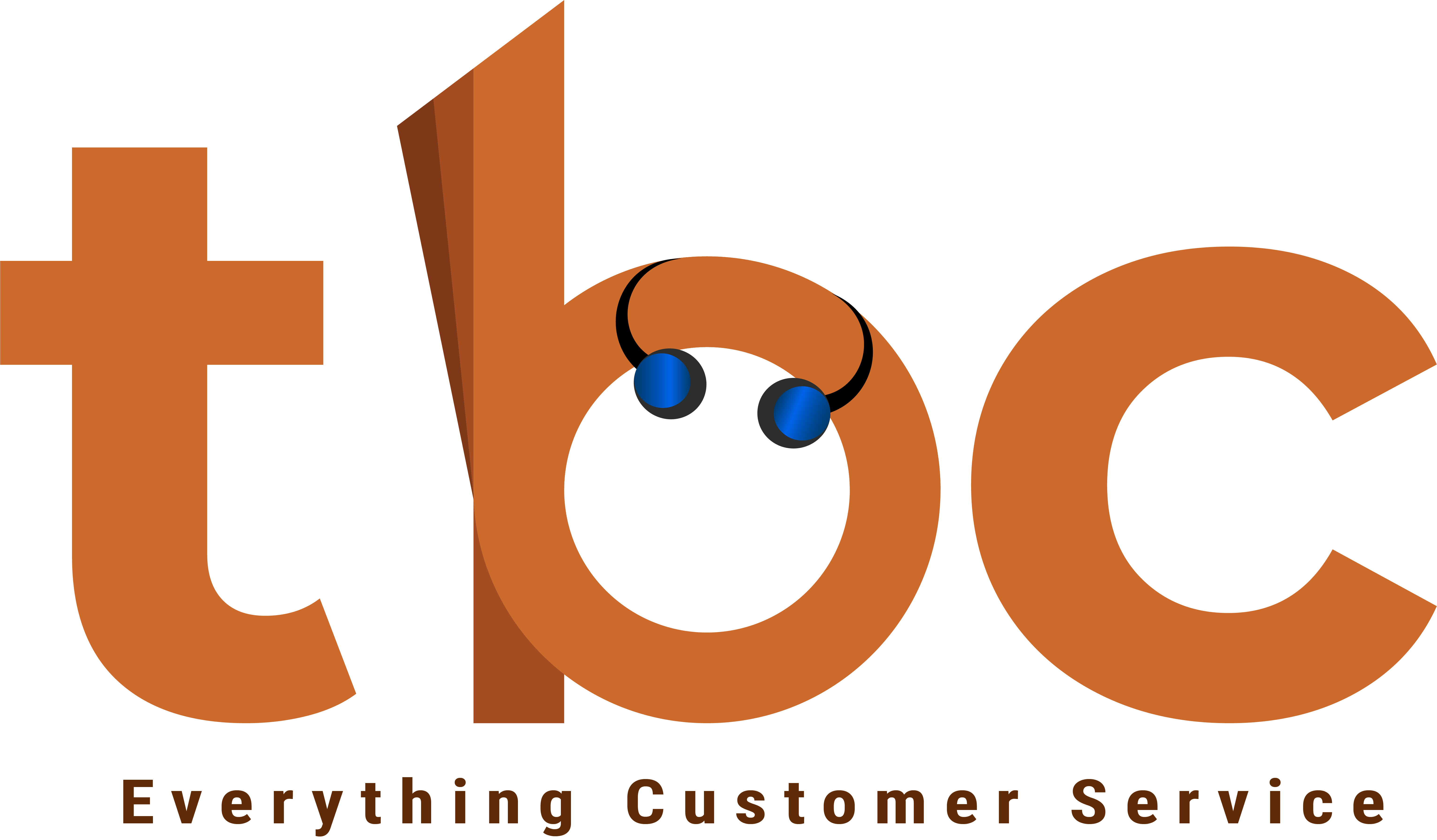When a business buyer purchases from a seller, a customer relationship begins. However, as the customer benefits from the purchase, the association expands into a long-lasting one.
Ongoing customer care and growth were the forte of Account Managers till about ten years ago. But, now that responsibility is with Customer Success Managers (CSMs).
Customer Success Managers don’t just make additional sales, but they manage the gap between sales and service, between company interest and customer interest, and between product expertise and customer insight.
Heard of this….
Have you ever heard of anyone from your organization reaching out to your existing customers and telling them that they should cancel their subscription to your product?
Even the customer would be surprised to listen to this. The reason attributed to the suggestion was that the customer wasn’t fully utilizing the solution they have subscribed to. There is a lot more that they can do with their subscription.
This person then takes them through what they can do with what they have bought and how it would help them.
Imagine the level of loyalty that the customer would feel towards you after this exercise.
This is precisely what a Customer Success Manager is expected to do.
The difference between customer service, customer experience, and customer success
Now that we have a signpost to understand what Customer Success is, it remains cloudy, and it is interchangeably used with customer service and customer experience.
How do you differentiate between the three?
The ‘Future of CIO blog’ attempts at this differentiation, which I found to be best representation of the difference.
Customer service is reactive, available when customers need it, in the channel when customers want it.
Customer experience needs to be interactive to delight customers at every touchpoint.
Customer success is proactive, identifying ways to help customers gain value from the product or service you provide.
Customers need all of these areas to be a focus of the business, if you want them to continue to buy and recommend your products/services to others.
Voice of the customer
A CSM is ideally placed to advocate the customers’ needs, as they work directly with them. They constantly run surveys, reviews, and feedback to find out what the customers like or dislike about the product and share it with the other functions.
They make sure that the voice of the customer is always heard.
Besides doing all of this, the CSMs should help your organization articulate how to sell the hole instead of selling the drill.
The CSM makes sure that your customer understands the benefits of what they are buying into and not just the product or service features.
Read more: How do you provide this kind of customer service?








